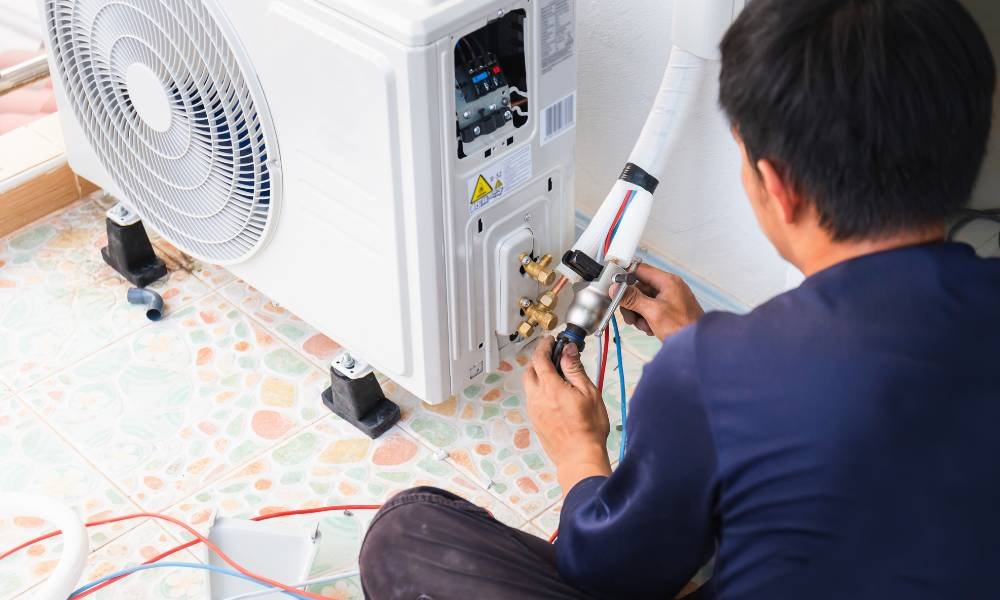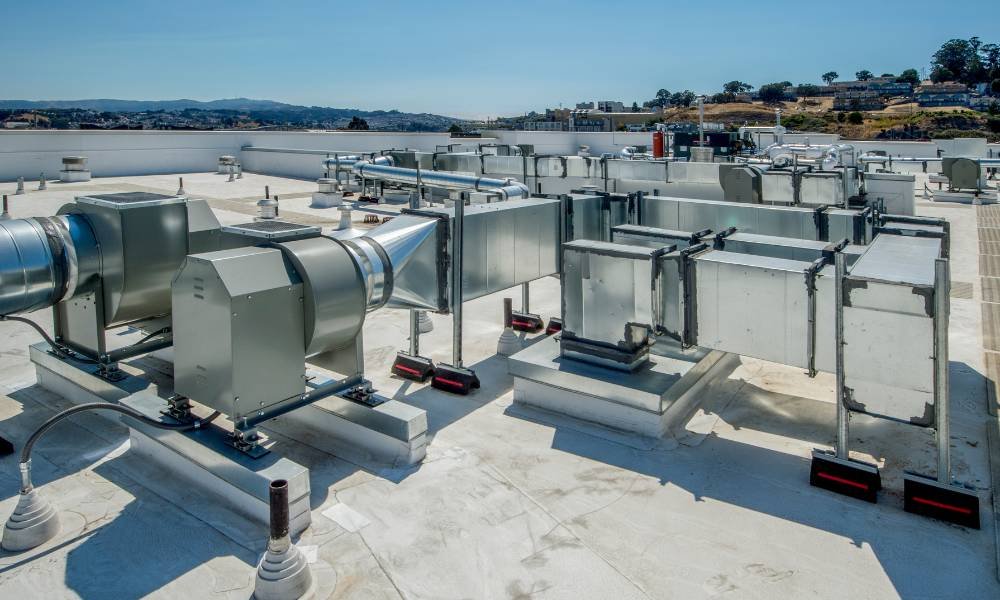Last updated on January 23rd, 2025 at 06:14 am
Your heating and cooling system plays a vital role in keeping your home comfortable, no matter the weather. However, like any hardworking machine, it needs regular care to operate efficiently and last longer. Seasonal maintenance is the key to ensuring that your system runs smoothly when you need it most. Think of it as a check-up for the equipment that keeps you cool in summer and warm in winter.
In this guide, I’ll cover:
- What seasonal maintenance includes
- Why regular care is important for performance and savings
- How it benefits your home, health, and wallet
Let’s dive into why keeping up with routine maintenance is a smart move for your home.
1. What Are Seasonal Tune-Ups?
Seasonal maintenance is a professional service aimed at ensuring your HVAC system is in peak condition before it tackles extreme seasonal temperatures. It’s a proactive way to catch small issues before they become costly problems.
What’s Included in Seasonal Maintenance?
During a professional service, technicians typically:
- Replace or clean air filters
- Inspect and test electrical connections
- Check airflow and thermostat settings
- Clean essential components like coils and fans
- Lubricate moving parts to reduce wear and tear
By addressing these areas, seasonal checks ensure your heating and cooling system operates safely and efficiently.
2. Why Are Regular Check-Ups Essential?

Skipping maintenance might save you time in the short term, but it can lead to unnecessary expenses and headaches down the road. Here’s why investing in regular care is worth it:
Extend Equipment Lifespan
Regular care prevents minor issues from escalating into major failures. Simple fixes, like tightening loose components or replacing worn-out parts, can add years to the life of your system.
Boost Energy Efficiency
When your system is clean and tuned, it doesn’t have to work as hard to keep your home comfortable. That means lower energy bills and a smaller environmental footprint.
Fun Fact: According to the U.S. Department of Energy, well-maintained systems consume 10-15% less energy than neglected ones.
Prevent Unexpected Repairs
Small issues, like a frayed belt or low refrigerant levels, can go unnoticed until they cause a breakdown. Regular maintenance catches these problems early, saving you from costly emergency repairs.
Enhance Indoor Comfort
A well-maintained system provides consistent airflow and temperature control, eliminating hot or cold spots in your home. It also manages humidity levels more effectively.
Protect Your Safety
Malfunctioning components, like a cracked heat exchanger or faulty electrical connections, pose risks such as carbon monoxide leaks or electrical fires. Routine inspections help prevent these hazards.
3. When Should You Schedule a Tune-Up?
The best time for maintenance is before your system enters its busiest season. This ensures it’s ready to perform when temperatures hit their extremes.
Spring and Fall: Ideal Maintenance Seasons
- Spring: Prepare your cooling system for the summer heat.
- Fall: Get your heating system ready for winter’s chill.
By scheduling ahead of time, you’ll avoid the seasonal rush and enjoy peace of mind knowing your system is ready to go.
Signs Your System Needs Immediate Attention
Even if you’re not due for a scheduled check, certain signs indicate it’s time to call a professional:
- Inconsistent heating or cooling
- Unusual noises like banging or rattling
- Rising energy bills without increased usage
- Unpleasant odors coming from vents
If you notice any of these, don’t wait—addressing the problem early can save you money and prevent discomfort.
4. DIY Maintenance vs. Professional Service
While there are tasks you can handle on your own, some jobs are best left to the experts. Here’s what you can do and when to call in the pros:
Simple Tasks for Homeowners
- Replace air filters every 1–3 months.
- Keep vents and registers free from obstructions.
- Remove debris from around the outdoor unit.
What Professionals Handle
- Checking refrigerant levels and recharging as needed.
- Inspecting electrical components for safety and efficiency.
- Cleaning internal parts like coils and blowers for optimal performance.
By combining DIY care with professional maintenance, you’ll keep your system running smoothly year-round.
5. Long-Term Benefits of Routine Care
Investing in seasonal maintenance pays off in more ways than one. Here’s how:
Lower Energy Bills
Efficient systems use less energy, which translates into savings on your monthly utility costs. Over time, this can add up to significant savings.
Consistent Comfort
No one likes a home with uneven temperatures. A tuned system provides balanced heating and cooling, keeping every room comfortable.
Environmental Impact
Well-maintained equipment consumes less energy, reducing greenhouse gas emissions. Plus, it prevents harmful refrigerant leaks that can damage the environment.
Preserve Home Value
A well-maintained HVAC system is a selling point for potential buyers. If you’re planning to sell, a documented maintenance history can make your property more appealing.
6. Myths About Seasonal Maintenance

Let’s clear up some common misconceptions about HVAC care:
“I Only Need Service When It Breaks”
Waiting for a breakdown can lead to higher repair costs and system downtime. Preventive care ensures reliability and saves money in the long run.
“Maintenance Is Too Expensive”
While there’s a cost to tune-ups, they prevent more expensive issues, such as system replacements or emergency repairs.
“I Can Handle Everything Myself”
While DIY efforts help, they can’t replace a professional’s ability to identify hidden issues or perform detailed inspections.
7. FAQs About HVAC Tune-Ups
How often should I schedule maintenance?
Twice a year—once before summer and once before winter. This keeps your system prepared for peak usage.
How long does a service appointment take?
Most tune-ups take 1–2 hours, depending on the system’s condition and any repairs needed.
Can a tune-up really lower my bills?
Yes! A clean and efficient system uses less energy, reducing your monthly expenses.
8. Conclusion
Seasonal HVAC maintenance isn’t just about keeping your system running—it’s about protecting your investment, ensuring your comfort, and avoiding costly surprises. With routine care, you’ll enjoy better performance, lower energy bills, and peace of mind knowing your system is ready for anything.
Don’t wait until something goes wrong. Schedule your next professional tune-up and give your HVAC system the care it deserves. After all, when your system works its best, so does your home.




